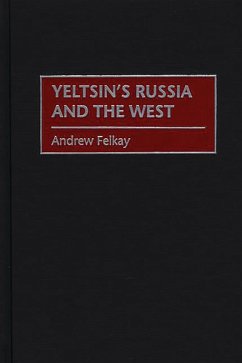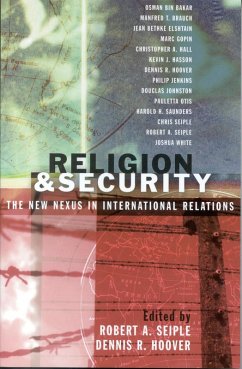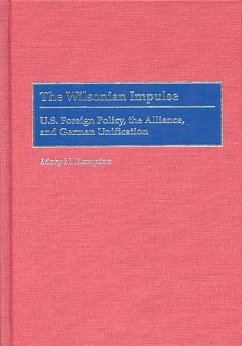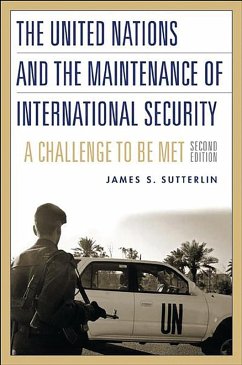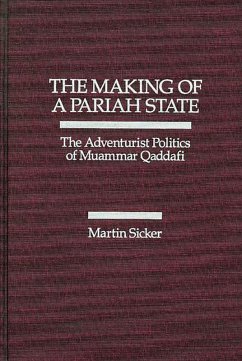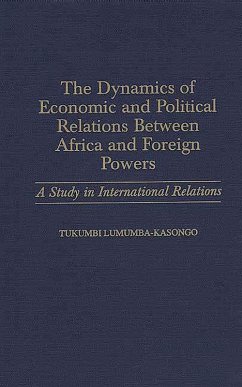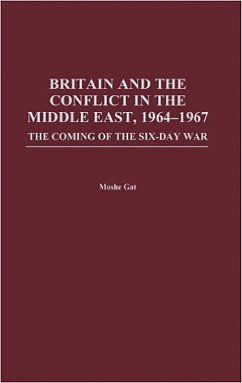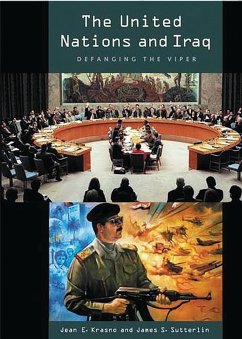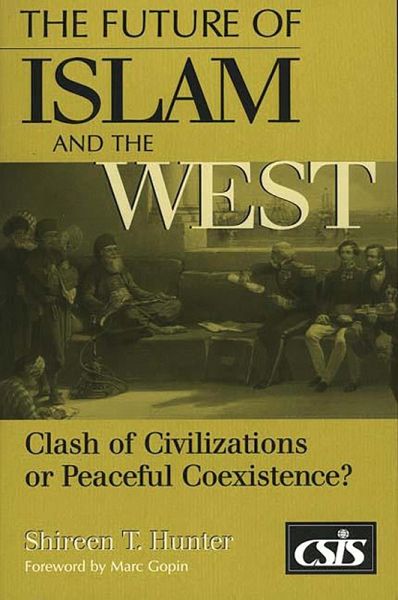
The Future of Islam and the West (eBook, PDF)
Clash of Civilizations or Peaceful Coexistence?
Versandkostenfrei!
Sofort per Download lieferbar
28,95 €
inkl. MwSt.
Weitere Ausgaben:

PAYBACK Punkte
14 °P sammeln!
Shireen Hunter provides a pragmatic analysis of relations between Islam and the West, marked by specific cases from the contemporary Islamic/Western divide. Her book gives a realistic and accurate assessment of the relative role of civilizational factors in determining the nature of the state and the prospects for Muslim-Western relations (i.e., whether they will be conflictual or cooperative). Hunter answers the question: Can an accommodation between Islam and the West take place in a gradual and evolutionary manner or will it happen only after conflict and confrontation? And, contrary to Hun...
Shireen Hunter provides a pragmatic analysis of relations between Islam and the West, marked by specific cases from the contemporary Islamic/Western divide. Her book gives a realistic and accurate assessment of the relative role of civilizational factors in determining the nature of the state and the prospects for Muslim-Western relations (i.e., whether they will be conflictual or cooperative). Hunter answers the question: Can an accommodation between Islam and the West take place in a gradual and evolutionary manner or will it happen only after conflict and confrontation? And, contrary to Huntington's vaunted thesis in The Clash of Civilizations and the Remaking of World Order (Simon & Schuster, 1996), she finds that the reality of modern Islam offers room for hope. Hunter challenges many of the prevailing Western views of the Muslim world. For example, despite the widespread belief on the specificity of Islam because of an assumed fusion of politics and religion, in reality the fusion-of the spiritual and the temporal-has not been greater in Islam than in other religions. Therefore, Hunter asserts, the slower pace of secularization in Muslim countries can not be attributed to Islam's specificity. This is a major study that will be of interest to concerned citizens as well as scholars and students of the Middle East and Islam.




